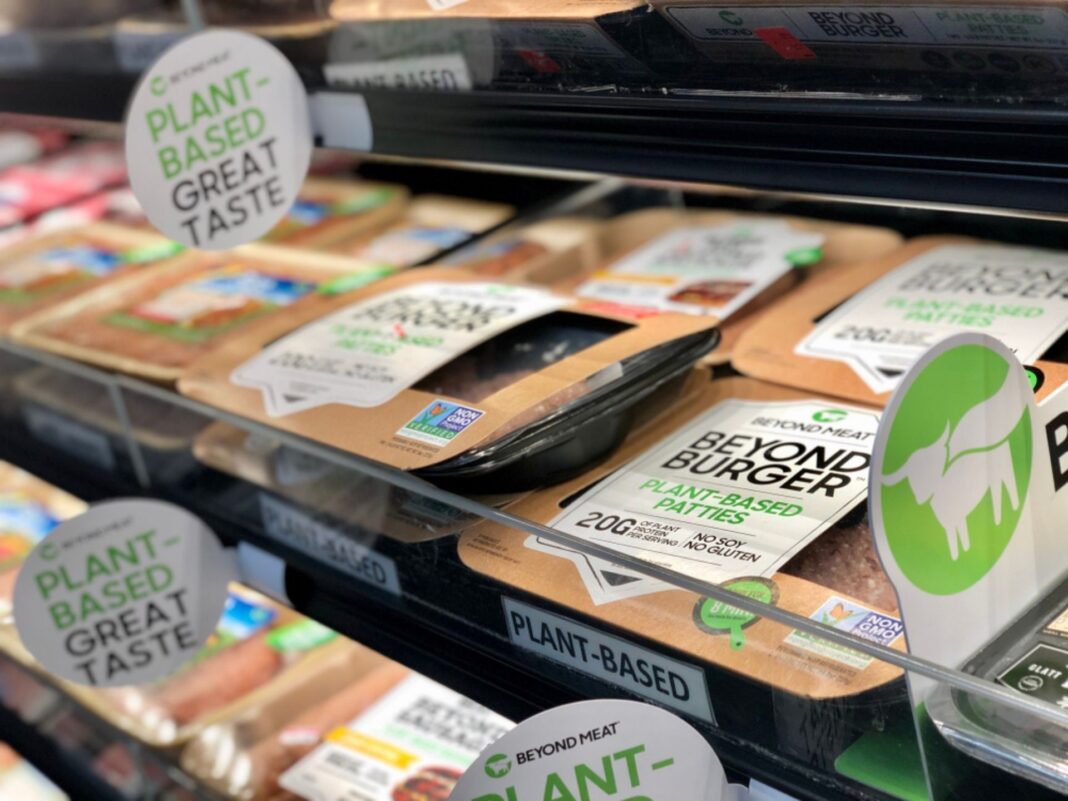How Sensory Testing Helps in the Development of Plant-Based Food Products


With a 30-fold increase in the number of vegans over the last 15 years, food brands are now in a race to tap into this ever-growing market. And while there’s been an explosion of plant-based products, from vegan cheese to plant-based meat, the development of plant-based foods replicating the full range of textures and flavours that we associate with animal-based foods is still lacking.
Texture is an important factor in determining the consumer acceptability of a plant-based product, as is smell and taste. In the case of plant-based foods, these sensory properties are often different from their animal-based counterparts.
However, with in-depth sensory testing, brands can establish what consumers do and don’t like about a product and work to improve the formulation to better match consumer expectations.
The primary problem facing producers of products such as vegan cheese and meat products (such as vegan burgers) is that the final product often doesn’t have the same appearance, taste, or texture as the animal-based food it’s trying to imitate.
This can be a particular issue with vegan cheese, which often has a different colour, consistency, and mouthfeel than traditional dairy cheese. The same is true of plant-based meat products, which often lack the juiciness, tenderness, and chewiness that consumers expect from meat.
As a result of these issues, many plant-based products fail to live up to the expectations of consumers, who are often disappointed with the final product, leading to poor sales figures and, in some cases, products being pulled from store shelves altogether.
In-depth sensory testing can help plant-based food brands understand the textures, flavours, and aromas that consumers associate with a particular animal-based food and develop a product that more closely matches these consumer expectations.
This specific kind of testing often goes beyond simply asking consumers whether they like or dislike a product. Instead, it uses trained sensory panellists to evaluate the product in detail, looking at factors such as the flavour and texture profile.
This kind of information is invaluable for brands, as it can help them to improve the formulation of their products to better match consumer expectations, leading to improved sales and customer acceptance.
Brands utilising methodologies including product optimisation can also use current market leaders in plant-based categories as benchmarks, understanding in detail what consumers like and don’t like about these products, and using this information to improve their own formulations.
With a growing consumer trend toward lower meat consumption and an ever-increasing number of people following plant-based diets, there’s a clear opportunity for brands to tap into this market.
However, it’s crucial for brands to ensure that their products match consumer expectations in terms of taste, texture, and aroma, as many plant-based products currently on the market fail to achieve widespread consumer acceptance.
In-depth sensory studies can help brands understand what consumers want from plant-based foods, and develop products that better match these expectations. If you’re looking to develop a new plant-based food or want to further develop your existing range, partner with an experienced sensory research firm to ensure that your products are the best they can be.
At WSS, we have over 25 years’ experience conducting sensory research for leading food and drink brands. Our expert panellists are adept at evaluating plant-based products in detail, providing invaluable insights that can help you improve your formulation and better match consumer expectations.
To find out more about our services, or to discuss your requirements with one of our team, get in touch today on +44 (0)151 346 2999 or via email at info@wssintl.com.